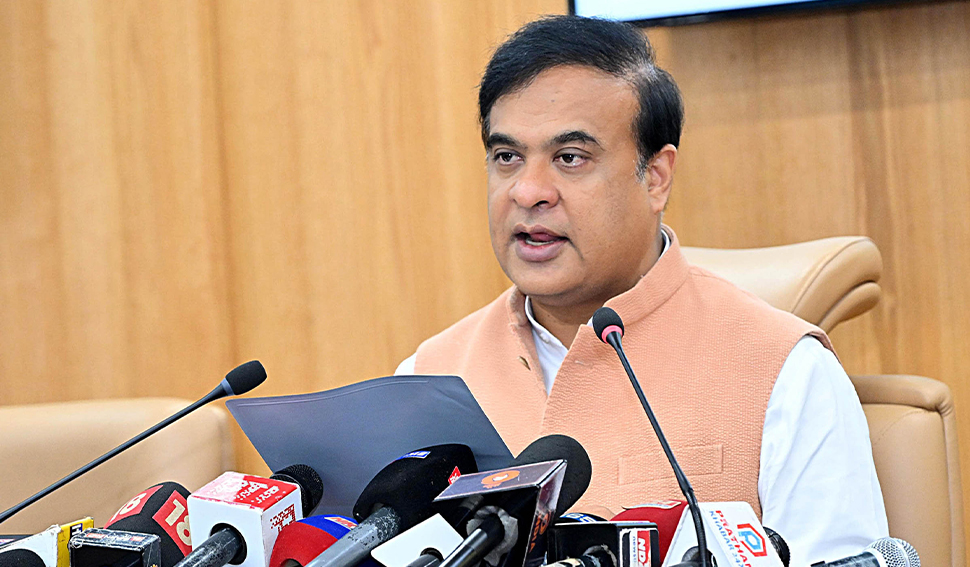Assam Cabinet approves key initiatives: Milk subsidy, infra projects, and support for farmers and traders

In a series of significant decisions aimed at bolstering Assam’s dairy sector, infrastructure development, and rural economy, the Assam Cabinet on Friday approved a Rs 5 per litre subsidy for milk producers supplying to cooperative societies, including Purabi, Sitajakhala, Kanyaka, and Amul.
Chief Minister Himanta Biswa Sarma announced that the subsidy will be directly provided from the government exchequer, supplementing the existing benefits offered by milk producer unions.
To strengthen the state’s dairy infrastructure, the Cabinet sanctioned Rs 150 crore for two new milk processing plants in Jorhat and Dibrugarh, with each plant having a capacity of 1 lakh litres per day.
“Plans for additional plants in Silchar and Dhemaji with similar capacities are underway, pending further Cabinet approval,” Sarma said.
Fee waivers for vendors and areca nut traders
In a move to support small traders and farmers, the Cabinet resolved that vegetable vendors and areca nut traders will no longer be required to pay fees to mahaldars in markets leased by gram panchayats.
Key infra projects approved
The Cabinet gave its nod for Rs 290 crore for completing Jyoti Bishnu Kalakshetra auditorium in Guwahati, with completion expected by August.
Rs 477 crore approved for a State Guest House cum Convention Centre near Gauhati High Court.
10 bighas of land allotted to Cachar Cancer Society for operating Cachar Cancer Hospital.
Support for settlements and religious institutions
The Cabinet approved converting Deosal PRF in Dibrugarh into a revenue village, enabling indigenous settlers to receive government land pattas.
Religious institutions that missed the online application deadline under Mission Basundhara 3.0 can now apply manually until January 30.
Promoting agriculture and tea tourism
The cabinet declared oil palm a cash crop, allowing farmers to access government support.
The cabinet also approved tea tourism projects at Durung and Lepetkata tea estates in Sonitpur to boost tourism.
The cabinet also decided to grant permission for tea estates to fell safe trees for furniture-making, enhancing their financial stability.
Committee for provincialization of schools
The cabinet formed a sub-committee, including Ranoj Pegu, Keshab Mahanta, and Jayanta Mallabarua, to address the provincialization of schools established before 2006 but left out due to document gaps.

Leave a Reply